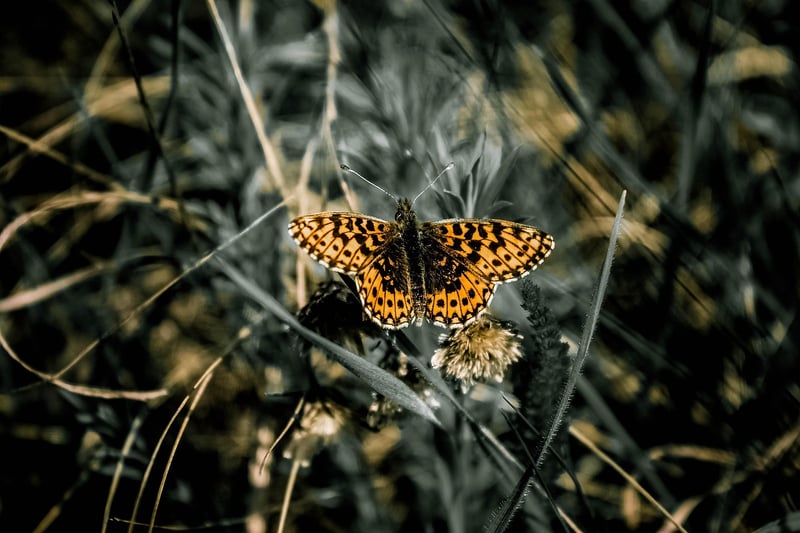Identifying Insects
Dealing with Garden Pests: Identifying Insects
Gardening is a wonderful hobby that can bring joy and beauty to your home. However, dealing with garden pests can be a real challenge for any gardener. One key aspect of pest control is being able to identify the insects that are causing damage to your plants. Let's delve into some common garden pests and how to identify them.
1. Aphids
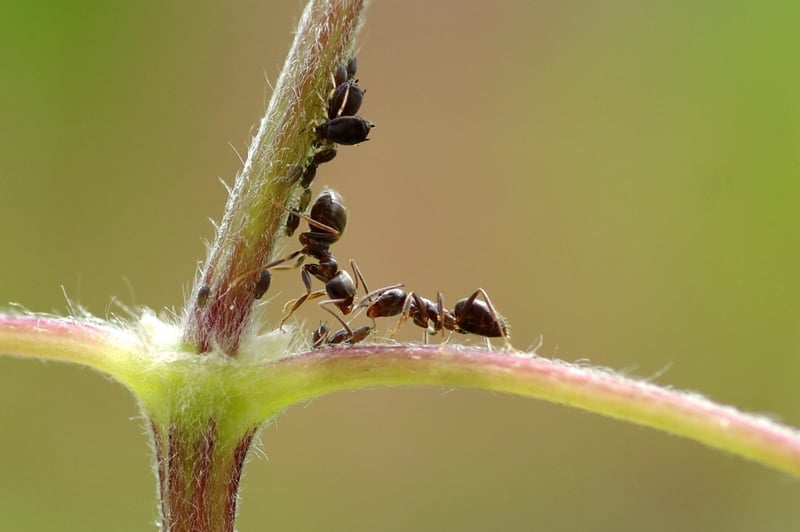
Aphids are tiny, pear-shaped insects that can be green, yellow, black, or pink. They tend to cluster on the undersides of leaves and can cause damage by sucking sap from plants. Look for distorted or yellowing leaves as signs of aphid infestation.
2. Caterpillars
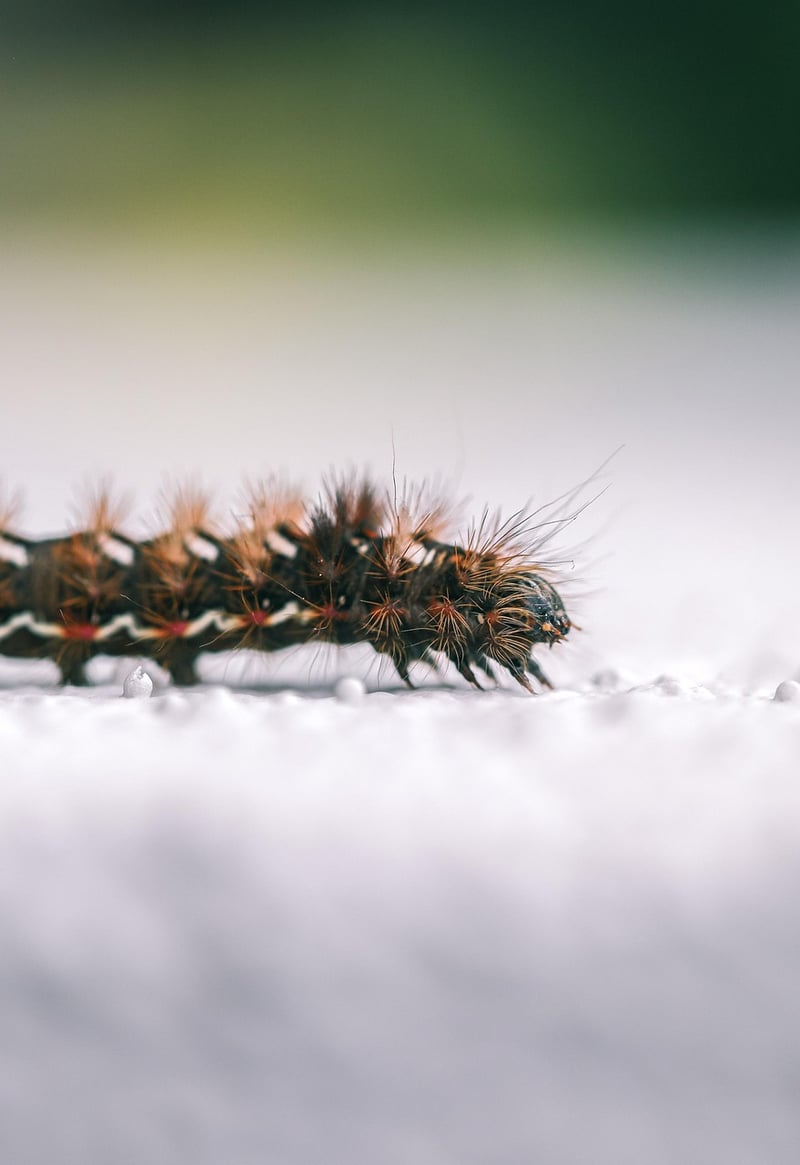
Caterpillars are the larval stage of butterflies and moths. They can vary in color and size but generally have a soft body with distinct segments. Caterpillars feed on leaves and can cause significant damage to plants. Look for holes in leaves or caterpillar droppings as indicators of their presence.
3. Slugs and Snails
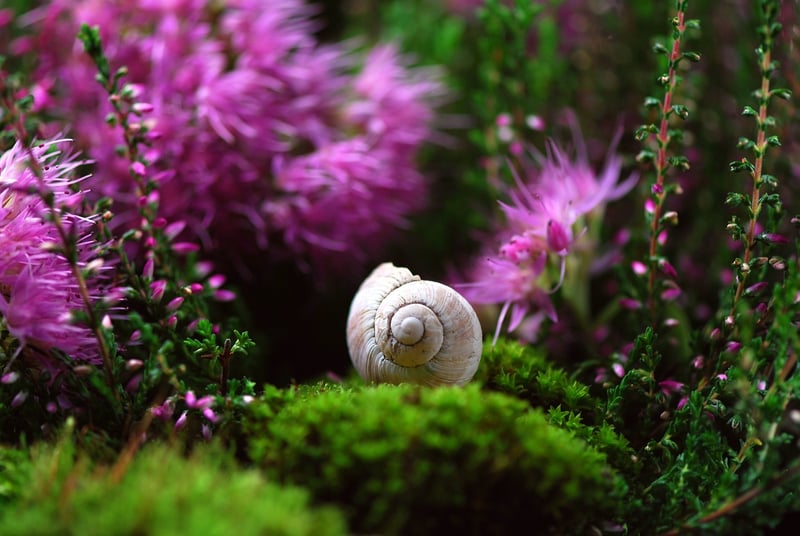
Slugs and snails are mollusks that can wreak havoc on your garden by eating leaves, stems, and flowers. They are most active at night and on damp days. Look for slime trails and irregular holes in leaves to identify their presence.
4. Spider Mites
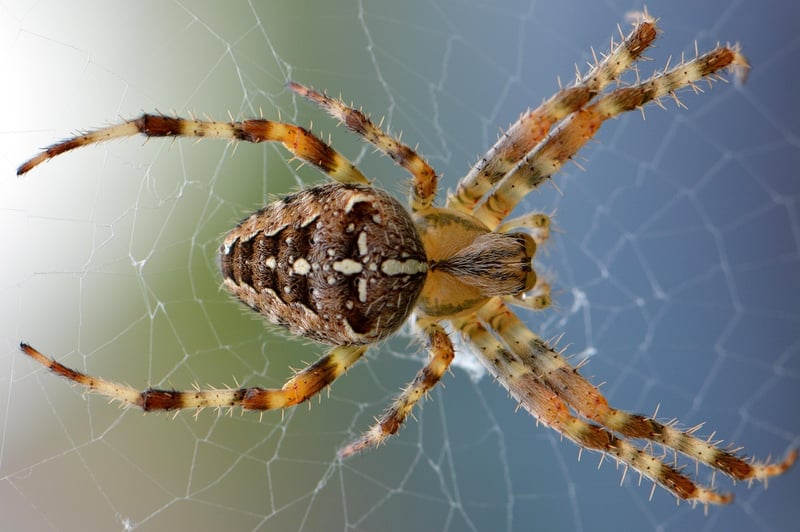
Spider mites are tiny arachnids that feed on plant sap, causing stippling and discoloration of leaves. They are often found on the undersides of leaves and produce fine webbing. Use a magnifying glass to spot these pests.
5. Whiteflies
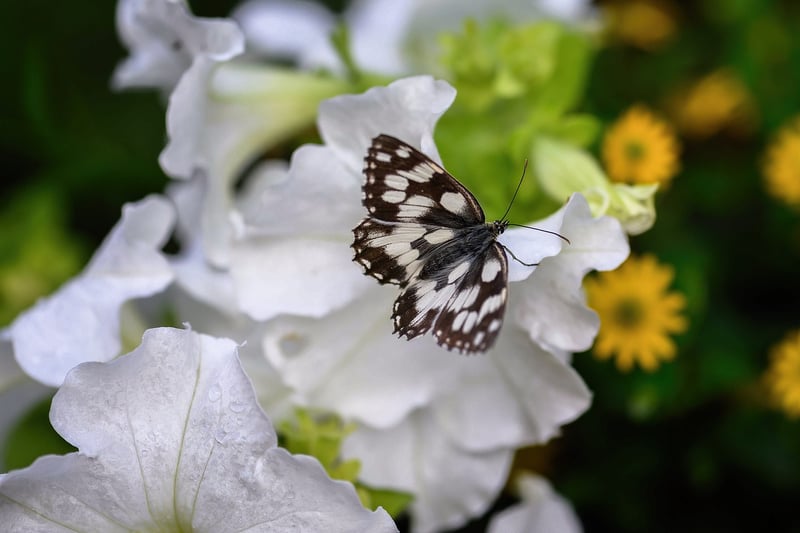
Whiteflies are small, moth-like insects that feed on plant sap. They can be found on the undersides of leaves and can cause yellowing and wilting of plants. When disturbed, whiteflies will flutter around the plant.
By being able to identify these common garden pests, you can take appropriate measures to control and prevent damage to your plants. Remember to use organic and environmentally friendly methods whenever possible to protect both your garden and the ecosystem.
Happy gardening!
